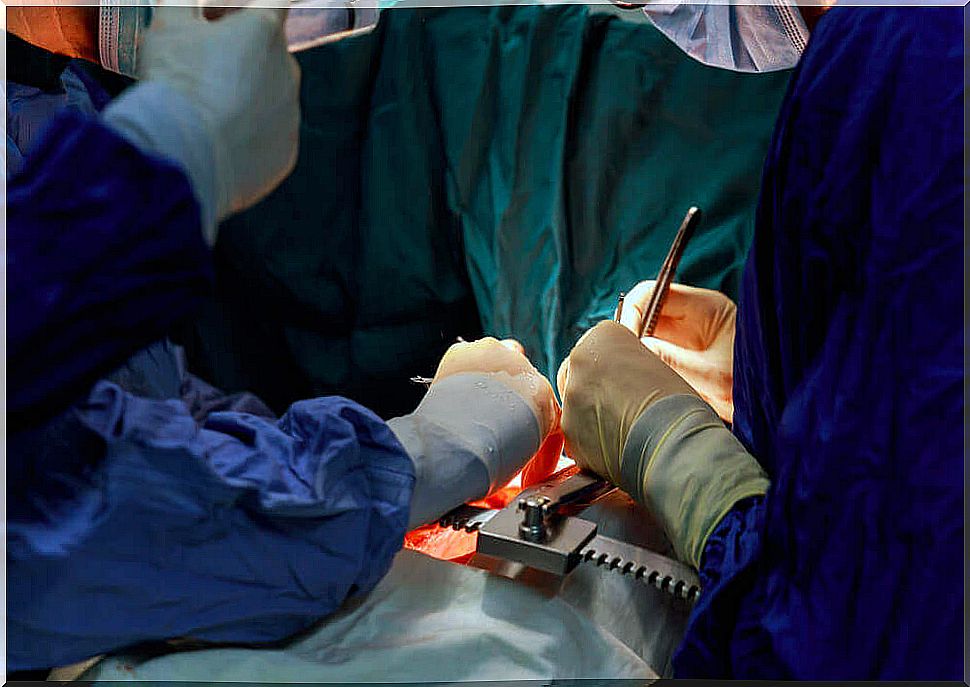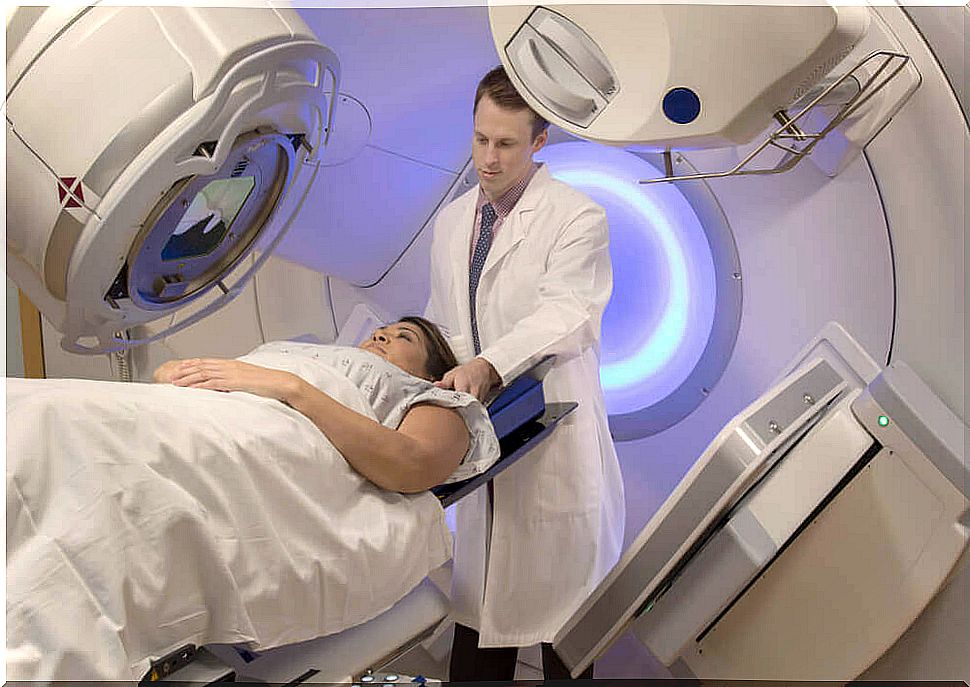What Are The Side Effects Of Cancer Treatment?

Many diagnosed patients often have questions about the side effects of cancer treatment. Although pertinent issues should be clarified with a doctor, many do research online and end up getting confused with information found on the internet.
To begin to explain this issue, it is important to point out that cancer is a term used to refer to a group of diseases.
Although everyone may share common characteristics, most have their own origin and proliferation mechanisms in our bodies. These differences create the need to define treatments more adapted to each type of cancer.
There are several varieties of cancer treatments, but in this article, we’ll mention the following:
- Surgery
- Chemotherapy
- Radiotherapy
Side Effects of Cancer Surgery

Although most side effects resulting from surgery are associated with the organ in which it was performed and the modality in which it was performed, we can point out some side effects associated with all types of surgery.
Pain
It is common to feel pain in the part of the body where the surgery was performed. The intensity of the pain will depend on the extent of the surgery, the part of the body where it was performed and the person’s sensitivity to painful stimuli. Pain can be controlled with pain relievers prescribed by the doctor.
wound infection
The surgery involves cuts in our skin. These wounds can serve as a gateway to microorganisms harmful to our health. Infections usually happen within the first few days after surgery.
During infection, we may find inflammation, pain and redness in the area where the wound is located. The condition may be accompanied by suppuration and fever. It is important to consult a doctor when experiencing any of the symptoms indicated.
Chemotherapy side effects
Chemotherapy is associated with an extensive list of side effects. Below, we will discuss only the most common ones.
Anemia
The vast majority of chemotherapy agents negatively affect the bone marrow. This causes changes in the patient’s cell production.
Nausea and vomiting among side effects of cancer treatment
This is the most frequent side effect of chemotherapy, affecting 80% of people who undergo this treatment.
Changes in bowel rhythm
Chemotherapy causes changes that can influence intestinal health. Depending on the medicine used, it can cause diarrhea or constipation.
Loss of hair
Contrary to popular belief, hair loss during chemotherapy depends on the drug used. This side effect varies greatly from person to person.
Side effects of radiotherapy

Radiotherapy has side effects related to the amount of radiation received. Therefore, adverse reactions will be limited to radiation fields. They will also be related to the dose received and its fractionation, concomitant treatments and the susceptibility of the person receiving it.
As already mentioned, side effects depend on the region where the radiation is applied. Tiredness is present in almost all cases, as well as irritation of the skin covering the radiated part of the body. If you receive radiation to the abdomen, you may experience changes in intestinal transit, as well as nausea and vomiting.
What should we remember about the side effects of cancer treatment?
As we have seen, side effects vary depending on the treatment and the idiosyncrasy of the person receiving it. There are many treatments for cancer, but the most common are surgery, chemotherapy, and radiation therapy.
Depending on the location, intensity and type of cancer in question, the side effects will be different. You should consult your doctor if you are unsure or concerned about any symptoms you are experiencing.









